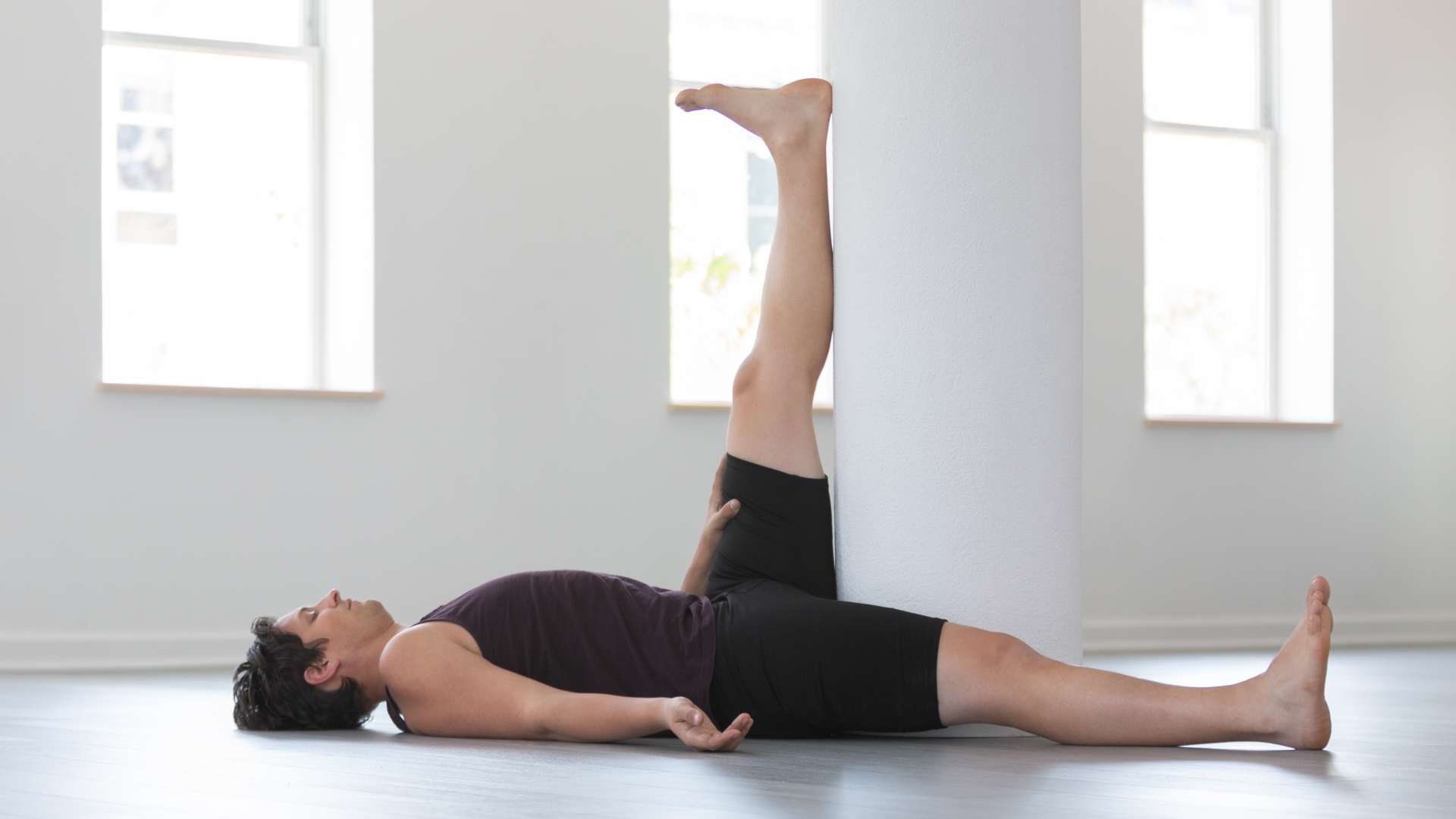Yoga therapy
Yoga and neurorehabilitation, seemingly distinct disciplines, converge in a symbiotic relationship that fosters physical, cognitive, and emotional recovery. As a practice rooted in ancient traditions, yoga transcends its spiritual origins to become a versatile tool in modern healthcare, particularly in the realm of neurorehabilitation.
The Integrative Approach to Yoga Therapy (IAYT) embodies a comprehensive and holistic perspective in utilizing yoga for therapeutic purposes. This approach acknowledges the interconnectedness of physical, mental, and emotional well-being and seeks to integrate various elements of yoga into a personalized therapeutic plan.




